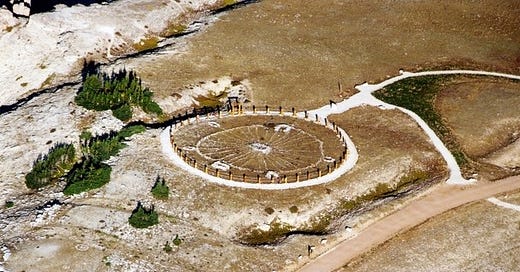I’m doing a three-day online workshop/retreat with Carissa Schumacher from October 12-14 and this crew below to dive deep into On Our Best Behavior. (More on Carissa here.) In this online retreat, you’ll also hear from my good friends, Lauren Roxburgh and Andrea Bendewald (you can hear them both on recent episodes of the podcast: Lauren’s episode on fas…
Keep reading with a 7-day free trial
Subscribe to Pulling the Thread with Elise Loehnen to keep reading this post and get 7 days of free access to the full post archives.




